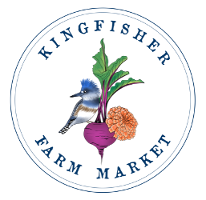|
|
Seasonal eating fresh from the farmHere are some of our favourite recipes to help you eat in rhythm with the seasons. Search by Ingredient
All
|
|
|
|
Seasonal eating fresh from the farmHere are some of our favourite recipes to help you eat in rhythm with the seasons. Search by Ingredient
All
|
|
